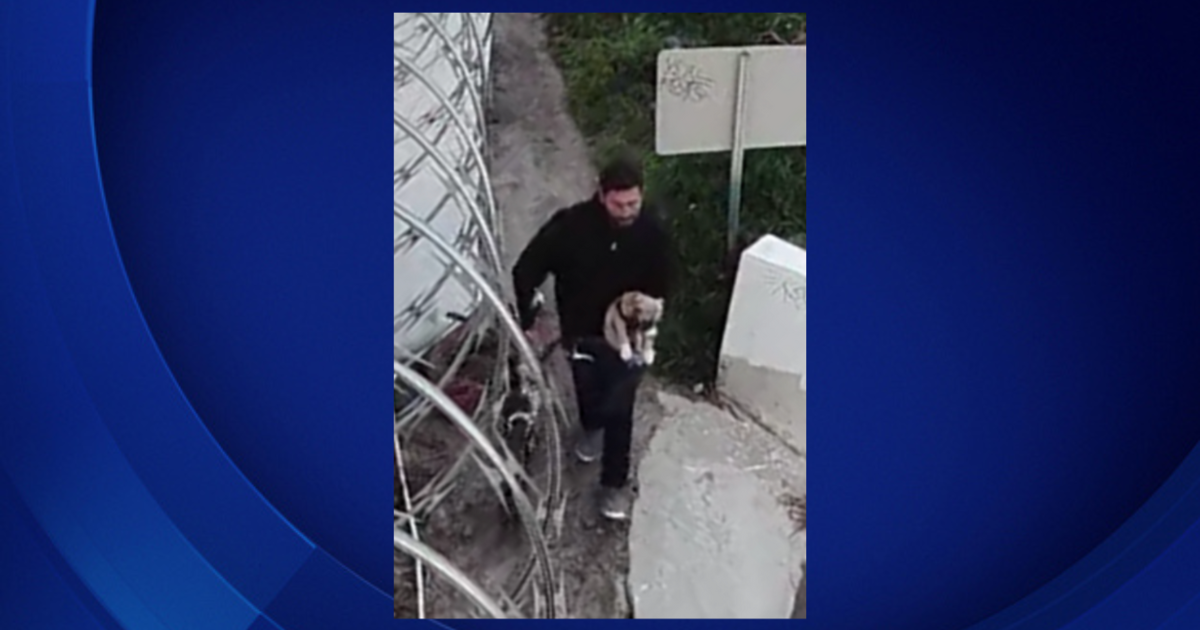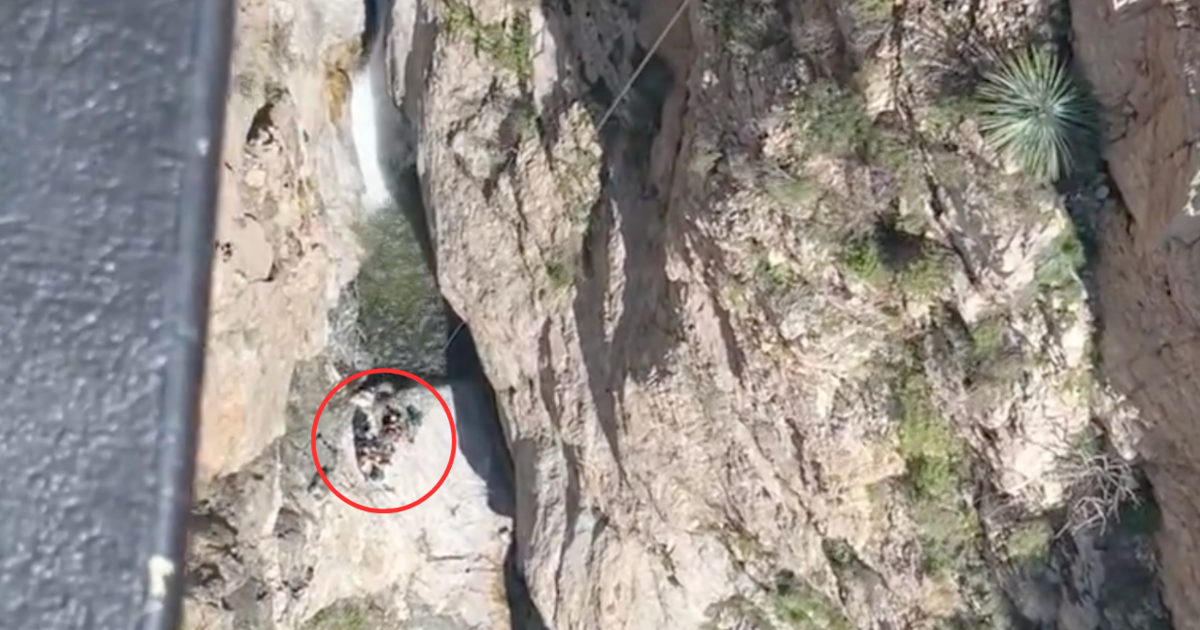Are YOU Prepared For An Earthquake?
Earthquake Drill
It's important to have an earthquake drill so you know what to do when one happens. At the first sign of tremors, you'll want to find a sturdy table or desk to get under, or you can stand in a well-supported doorway. It's most important that you avoid windows, as glass is likely to shatter, which can easily cause injury. You'll also want to be sure to stay clear of areas where things can fall on you, and it's best to remain inside, as most people are hurt during earthquakes due to falling debris.
Evacuation Plan
Once the earthquake happens, damage may be significant enough that you'll need to evacuate your home. Take some time to go over an evacuation plan with your family, and discuss the safest ways to get out of the house. Make sure to have more than one route, and try to find a few extra ways to get out of the rooms in your home. If you live on a higher floor, then make sure to know where fire escapes are, or where a rope ladder or other means of escape are located, and ensure everyone in the family knows about it as well.
Important Information
It is very possible, should an earthquake occur, for the internet to go out, so you'll want to take the time to write down any important telephone numbers. Just in case you need to call the police, fire department, hospital or paramedics, you want to make sure you aren't reliant on the internet. You'll also want to write down the names and information for your insurance agent, all your policy information and what to do, should you need to contact them. Other helpful numbers to have written down include the water, electric and gas company as well as your landlord and neighbors. Lastly, be sure to have your medical information, including any known allergies, written down and easily accessible.
With these simple steps, you can ensure your family is well prepared for the next time you feel the earth begin to shake.



